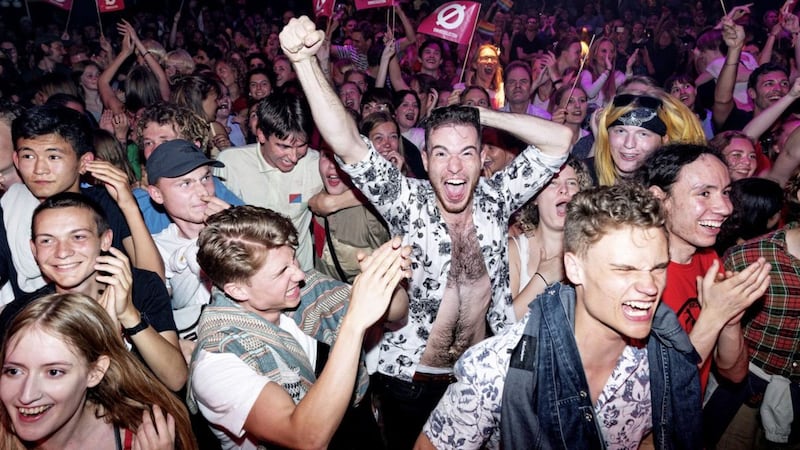Denmark's centre-right prime minister has resigned after a general election that ended with a gain for left-leaning parties and a big loss for populists who were supporting the government.
Prime Minister Lars Loekke Rasmussen's resignation leaves the centre-left Social Democrats to try to form a one-party minority government.
Mette Frederiksen, leader of Denmark's largest party, will start complex talks to reach a basis for a government.
She had rejected forming a coalition with Mr Rasmussen's Liberals.
He failed to maintain a majority in parliament after the populist Danish People's Party's vote share plunged to 8.7 per cent in Wednesday's election from 21.1 per cent in 2015.
Rune Stubager, professor of politics at Denmark's University of Aarhus, said the election results showed a "considerable swing to the left" over the issues of welfare and climate.
The Social Democrats are promising to put welfare first again and reverse some of the centre-right government's cuts.
But they also say they will seek support from the right on immigration issues, and that they will continue the outgoing government's tough anti-immigration stance.
Pressed by his populist supporters, Mr Rasmussen's government has tightened immigration laws over recent years.
Face-covering garments have been banned, and newly arrived asylum-seekers are required to hand over valuables such as jewellery and gold to help pay for their stays.
Last year, Denmark made international headlines when officials decided that rejected asylum-seekers or those with a criminal record awaiting expulsion should be sent to an island that once housed a defunct laboratory for contagious animal diseases.
Prof Stubager called the election outcome "a disaster" for the populists because voters were dissatisfied that the protest party now "is part of the political establishment".
Like their counterparts in neighbouring Sweden, Denmark's Social Democrats have opted for a tougher stance on immigration since the 2015 refugee crisis, when hundreds of thousands of asylum-seekers sought shelter in European countries.
Sweden's Social Democratic government has sharply restricted immigration, reversing a long tradition of welcoming migrants and refugees.
Mr Rasmussen formally handed over his resignation to Queen Margrethe, Denmark's figurehead monarch, at the Amalienborg Palace on Thursday.
Talks to form a new government, expected to begin later on Thursday, could take weeks.
Turnout in Wednesday's election was 85.5 per cent, according to official figures – slightly lower than in the 2015 elections.



